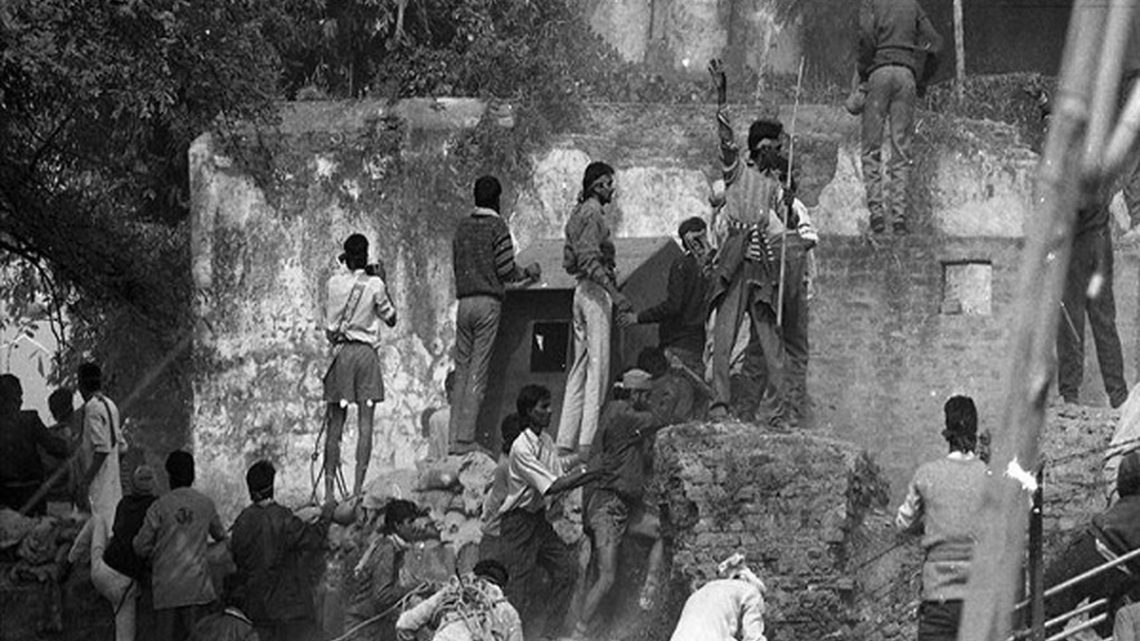
The Babri Mosque Demolition: A Case Study of Religious Heritage Desecration in India
April 3, 2024Religious heritage sites are not just physical structures; they embody centuries of cultural identity and spiritual significance. However, throughout history, these sites have often become battlegrounds for political power struggles. The Babri Mosque demolition in Ayodhya, India, serves as a poignant example of deliberate acts of destruction and desecration of Islamic cultural and religious heritage in a non-Muslim country.
The Babri Mosque, standing since 1528, was not just a religious site but a symbol of India’s rich cultural tapestry. Yet, in 1992, it fell victim to a violent onslaught by an organized mob of Hindu extremists, fueled by decades-old tensions and political agendas. Despite the presence of Indian authorities, the mosque was razed to the ground, sparking riots across the country.
The roots of this conflict trace back to colonial times when the British employed a “divide and rule” policy, exacerbating communal tensions. Subsequent decades saw a gradual escalation of Hindu-Muslim discord, culminating in the Babri Mosque incident. Despite archaeological evidence suggesting the absence of a Hindu temple beneath the mosque, the dispute persisted, driven by political motives rather than historical facts.
The judicial response to the Babri Mosque dispute exemplifies the failure of governance to uphold secular principles and protect religious heritage. The Allahabad High Court’s ruling to divide the site between Hindu and Muslim groups in 2010 mirrored colonial-era tactics, exacerbating rather than resolving tensions.
Political opportunism further inflamed the situation, as the Bharatiya Janata Party (BJP) capitalized on Hindu nationalist sentiments to consolidate power. Leaders like Lal Krishna Advani spearheaded campaigns for the construction of a Hindu temple at the mosque’s site, perpetuating communal divisions for political gain.
The acquittal of prominent figures involved in the mosque’s demolition, including Advani, underscored the entrenched influence of Hindu nationalism in Indian politics. The rise of Prime Minister Narendra Modi, a former protégé of Advani, signaled a tacit endorsement of state-centric violence in the name of Hindutva ideology.
The Babri Mosque tragedy is emblematic of broader challenges facing religious minorities in India and other post-colonial states. State-sanctioned violence, disguised as nationalist fervor, threatens the secular fabric of society and perpetuates cycles of communal conflict. In condemning deliberate acts of destruction and desecration of cultural and religious heritage, it is imperative to address the underlying political motivations driving such actions. Only through concerted efforts to promote tolerance, uphold the rule of law, and challenge divisive ideologies can societies move towards reconciliation and safeguard their diverse heritage for future generations.

